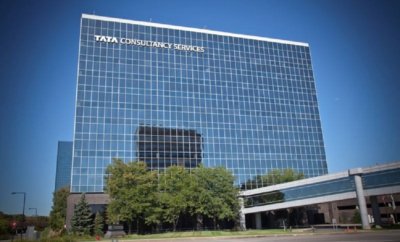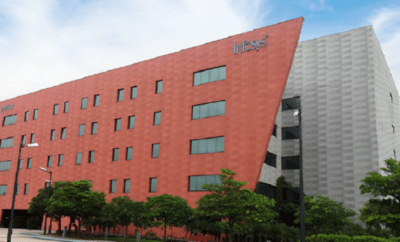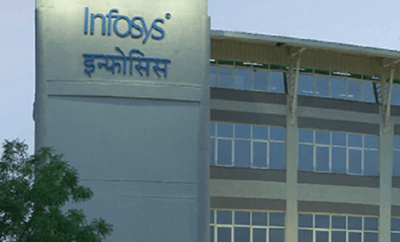Business
Indian IT Companies Increase Expenditure on Lobbying in U.S.

Representational Image
Photo: Bigstock
The Indian IT companies are using lobbyists to address issues like taxes, immigration, trade and foreign relations.
Indian IT companies have had to shell more money for lobbying in the United States over the last few years to mitigate the difficulties from anti-immigrant policies in America.
Tata Consultancy Services (TCS), the biggest IT company in India with a market capitalization of $100 billion, spent $120,000 in the first quarter of 2018. This is an increase of $100,000 it spent during the same period in 2017. TCS spent $20,000 in every quarter of 2016 and the first three quarters of 2017 for lobbying in the United States. During the last quarter of 2017, their spending went up to $50,000, Times of India reported.
Companies are opting for a direct approach than going through India’s apex industry body, NASSCOM. To facilitate a direct approach, TCS employed international law firm Squire Patton Boggs for lobbying on legislation and United States policy related to STEM (science, technology, engineering, math) education and to seek clarity on certain tax issues and their impact on financial reporting.
Nasscom’s lobbying spend has decreased by a tenth in 2017. It had spent $3,90,000 in 2017. Meanwhile, Infosys, which spent only $60,000 in 2016, spent $200,000 in 2017, and $60,000 in the first quarter of 2018, according to TOI.
New Jersey-based Cognizant spent $360,000 in 2017 on lobbying, including employing a firm to provide strategic guidance and counsel on potential immigration reform and the impact on Cognizant, as per the report.
Infosys is working with McGuireWoods Consulting, a law firm, to lobby about Fairness for High-Skilled Immigrants Act, and the H-1B and L-1 Visa Reform Act. While Cognizant has hired lobby groups for the Protect and Grow American Jobs Act and to seek clarity on the Deferred Action for Childhood Arrivals (DACA) program.
While H-1B visa dependent companies have reduced their usage of the non-immigrant visa, it still remains important to them. Measures like seeking more evidence of the work that an H-1B visa worker would be doing in the United States has also reduced the number of applicants.
According to legal experts, Economic Times reported, going direct is the companies’ way of showing their individual initiatives to adhere to the policy of protecting American jobs. TCS, Infosys and Cognizant, and other companies, had earlier announced that they would be opening offices in various cities in the United States and employing American nationals.
However, the lobbying is yet to yield much benefit for the companies as the United States Customs and Immigration Enforcement is soon going to shift its attention from H-1B visa workers to L-1 workers apart from ending work authorization of H-4 visa holders.



